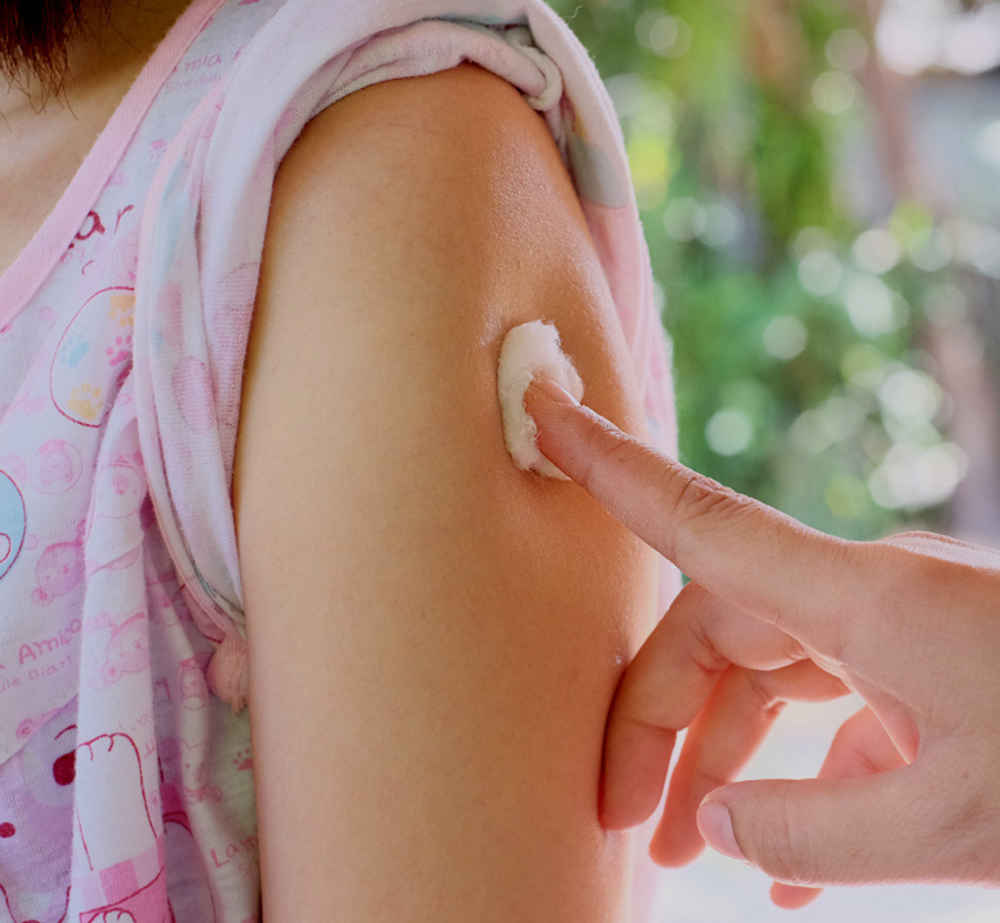410-721-2273
Puberty for Boys
Puberty is the time when a boy's body becomes a man's body. It is a time of much physical and emotional growth.
How does puberty start?
Hormones in the body are responsible for the changes in your body. These hormones start working on the testicles, causing them to produce testosterone. Testosterone is the main hormone that causes most of the changes a young man goes through.
When does puberty begin?
The average age that boys start puberty is around 11 and 1/2 years old. However, it can begin anywhere between 9 and 15 years. The physical changes usually take 3 to 4 years to be completed.
How do I know if puberty has started?
The first thing your healthcare provider may notice is an increase in the size of the testicles. The first thing you will probably notice is pubic hair growth. At first it will be a few straight hairs. After some time the hair starts to curl and begins to spread in a triangle-like pattern. Soon after pubic hair begins, the penis starts to grow. At first the penis gets longer. After awhile, the penis also gets thicker. The scrotum changes as well. It hangs lower and gets looser.
What happens to the rest of the body?
Testosterone works on many parts of the body. Near the beginning of puberty hair grows in the armpits, and you start to have body odor. This is when it is time to start using deodorant. Testosterone causes the voice box to enlarge, and your voice starts to sound deeper. Since it takes awhile, your voice may go through a squeaky period. You may get embarrassed by it, but remember this is something that happens to all guys and it usually doesn't last more than 6 months. Testosterone causes muscles to get bigger and stronger even without weight lifting. Towards the end of puberty, boys have a growth spurt, sometimes growing 4 to 6 inches taller in a year. Eventually your beard starts to grow, and you need to shave. Hair may also grow elsewhere, including on the chest, stomach, and back.
What are erections?
Boys can get erections (when the penis gets stiff) all their life. When you go through puberty, you start having them more often. Erections are caused by increased blood flow into the penis. Erections may happen any time. They can be caused by romantic or sexual thoughts or physical contact (like stroking the penis). However, during puberty erections can come out of the blue. Expect them to happen randomly. Thinking of some boring subject can help make an erection go away on its own.
What are wet dreams?
The medical term for a wet dream is nocturnal emission. As your body is developing, your reproductive system is changing. Hormones from the brain tell the testicles to produce sperm. Your prostate gland (located between the penis and rectum) and the seminal vesicles produce fluid that helps nourish sperm. This fluid combined with sperm is called semen. The body produces millions of sperm every day. Semen can be stored for awhile, but eventually it needs to be released. As the hormones are surging at night they signal the penis to have an erection and then to release the semen (ejaculation). Some guys have dreams when this occurs. The dreams may be romantic or sexual. Wet dreams are normal. They can happen a few times a week, a few times a month, or maybe not at all. It is a normal part of growing up. Your parents know that it happens, so you do not need to be embarrassed by it.
What about masturbation?
Masturbating is touching the penis so that it becomes erect and then releases semen (ejaculation). It feels good and can release tension. By the early to middle part of puberty, many boys start masturbating. Boys may masturbate several times a day, once a month, or not at all. It is a natural way to explore your body and is quite normal. People often joke about it, but it is important to know that there are no bad things that happen from masturbating.
What about acne?
One part of puberty that teenagers don't like is acne. It is a normal part of growing up caused by your changing hormones. For some boys, acne may be mild, but for others it may get pretty bad. Using nonprescription medicine is OK if your acne is mild, but if it seems to be more serious, see your healthcare provider. Your provider can give you stronger medicine to help the problem.
What are the emotional changes of puberty?
Puberty and adolescence is a complex time. As you go through the physical changes of puberty you start to experience a wide range of feelings. You are trying to figure out your place in the world. You become more independent and start doing things without your parents. You may be influenced by your friends' ideas and feel pressure to do things that you may not agree with, like using drugs or alcohol. It is a time to start sorting out your values and decide what is right and wrong.
As part of this, you may start to have strong sexual urges. You may develop a romantic attraction to someone and begin dating. You may feel like you are in love one day and not the next. It is natural to have changing feelings. You may also decide to become intimate with others. Intimacy can include many things. You can be intimate holding hands, hugging, or kissing.
When you are a teenager, you may also start thinking about having sex. Take time to think through your decision before you have sex. You need to think about the physical and emotional risks you will be taking. If you decide to have sex (intercourse) or oral sex (kissing a partner's genitals) it is important to be able to talk with your partner about what you are doing and the risks involved. Sexually transmitted infections and pregnancy may be a consequence of having sex. The only way to prevent pregnancy 100% of the time is to not have sex. You need to decide what you are comfortable doing and be safe. Condoms or another form of birth control are needed to help prevent pregnancy.
Talking to Parents:
Sometimes during puberty, teenagers may feel distanced from their parents. Parents may feel the same way and may be uncomfortable talking with their teenager about intimate issues. You need to understand that your culture, music, and clothing styles are different than what your parents are used to. Your parents may not feel in touch with your world, but they really want to understand what you are going through. Try to let them into your life and explain to them what you like and don't like. Be open when they make an effort to talk with you about personal things such as sex, drugs, and friendships. It can be just as hard for parents to discuss these topics as it is for you. If you feel like your parents are not meeting your needs, talk to them about it and ask them if you can spend time together. Deep down, they truly want the best for you. Parents are ultimately your best resource and strongest support. Give them a chance!
This handout is only a brief introduction to puberty. There are much more detailed books and pamphlets available to help you understand both the physical and emotional changes you may be going through. You are encouraged to find out as much as possible. Read books; talk to parents, friends and teachers; or check the World Wide Web to find resources to help you figure out this dynamic time of your life.
Written by B.D. Schmitt, MD, author of "Your Child's Health," Bantam Books.
This content is reviewed periodically and is subject to change as new health information becomes available. The information is intended to inform and educate and is not a replacement for medical evaluation, advice, diagnosis or treatment by a healthcare professional.
You May Also Like
Popular Resources | Make an Appointment • Locations • Refill Prescriptions





